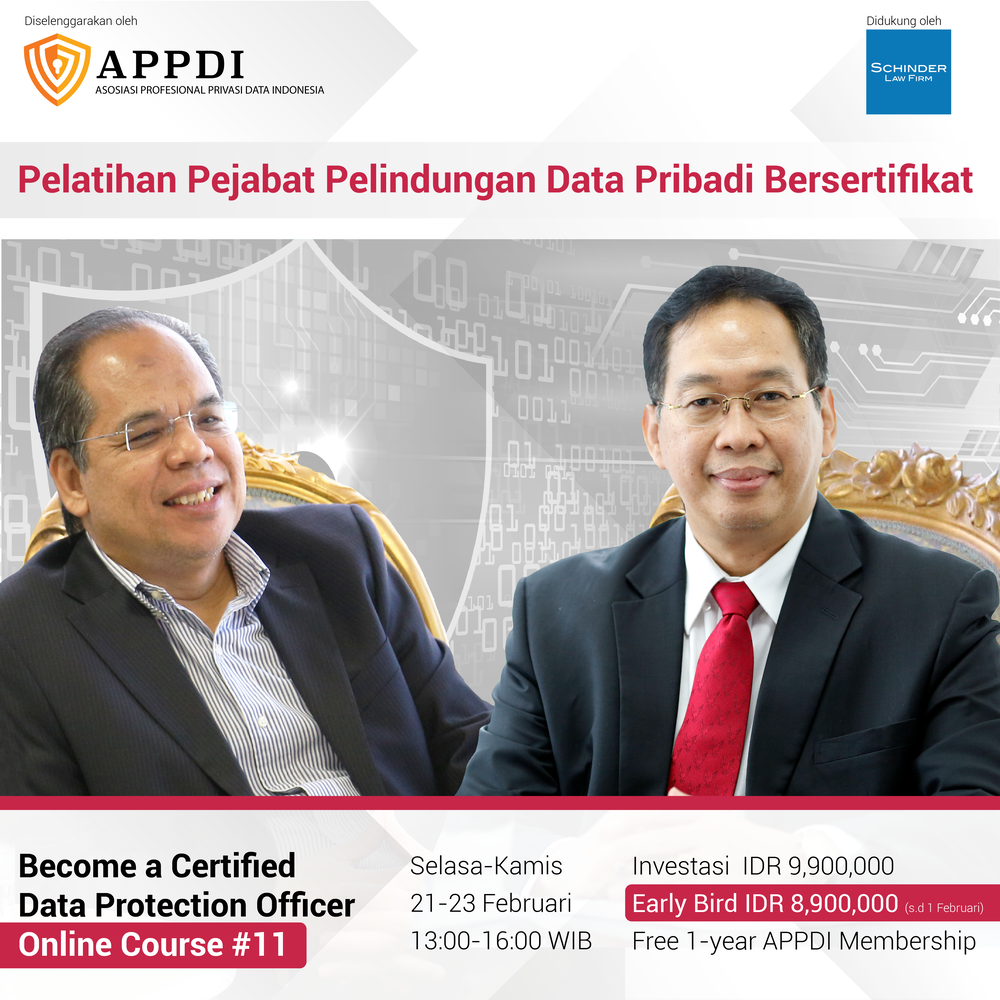Siti Hawa Abu-Bakar 4, Nurul Aini Bani 5,*, Abu Bakar Munir 1, Ahmed Imran Kabir 6,
Jorge Alfredo Ardila-Rey 7,and Abdullahi Abubakar Mas’ud 8
Abstract – It is a challenging task for Bangladesh to meet its increasing demand of energy while its economy is rapidly growing. Though prices of oil, coal, and fossil fuels around the world have been volatile, the price trend in Bangladesh demonstrates a persistent rise in the immediate past. This is further exacerbated by depleting reserves of natural gas. Cumulatively, these two effects heighten Bangladesh’s energy needs. Bangladesh presently mitigates her energy requirements predominantly through natural gas, supplemented by a handful of coal and furnace oil plants. Consequently, due to scarcity of natural gas, oil and coal resources, nuclear power surfaces as a palatable strategic option for Bangladesh’s future development agenda. However, a successful nuclear power program entails an extensive infrastructure. Just like the other nuclear energy-producing countries, Bangladesh also face challenges to safeguard the health and security of nuclear reactors, the proper management for nuclear waste treatment and the security concerns over the safe usage of nuclear materials. Additionally, the development of nuclear energy is also bewildered because of the complex nature of fission technology, lack of efficient human resources, and non-existence of proper legal instruments to guide safe nuclear power production. Moreover, the further challenges include the questions, for example: whether the nuclear power plant project is supported by the mass people or not? What are the strategies for nuclear waste disposal? Whether the recent initiatives for nuclear energy production is necessary or the country should more concern with renewable sources? This paper evaluates the nuclear energy development in Bangladesh. It operates under qualitative methodological framework and utilises secondary sources for analysis. We advance several recommendations in this paper to remedy the highlighted issues: (1) creating a comprehensive legal and regulatory system; (2) fortifying home-based technology of nuclear development and simultaneously localising of foreign-based technology; (3) reducing the cost of nuclear energy production; (4) fast-tracking the procedure of efficient development of nuclear technology; (5) accelerating the procedure of switching to more efficient reactor and nuclear fuel cycle, and (6) conducting effective profile-raising activities to generate greater awareness and spur common acceptance.
Keyword: nuclear energy regulations; public acceptance; nuclear energy safety and security
2 School of Business Administration, East Delta University, Abdullah Al Noman Road, Noman Society, Mozaffor Nogor, East Nasirabad, Khulshi, Chittagong 4209, Bangladesh
3 School of Engineering, Robert Gordon University, Garthdee Road, Aberdeen AB10 7GJ, UK
4 Universiti Kuala Lumpur British Malaysian Institute, Batu 8, Jalan Sungai Pusu, Gombak 53100, Selangor, Malaysia; hawa012@gmail.com
5 UTM Razak School of Engineering and Advanced Technology, Universiti Teknologi Malaysia, Kuala Lumpur 54100, Malaysia
6 Faculty of Business and Accountancy, University of Malaya, Kuala Lumpur 50603, Malaysia; iamahmedimran@gmail.com
7 Department of Electrical Engineering, Universidad Técnica Federico Santa María, Santiago 8940000, Chile; mailto:jorge.ardila@usm.cl
8 Department of Electrical and Electronics Engineering, Jubail Industrial College, P. O. Box 10099, Jubail 31961, Saudi Arabia; masud_a@jic.edu.sa
* Correspondence: ridoankarim@um.edu.my (R.K.); f.b.muhammad-sukki@rgu.ac.uk (F.M.-S.); nurulaini.kl@utm.my (N.A.B.); Tel.: +880-167-651-3607 (R.K.)

